
An apocalyptic survivor searches for his daughter in the Terlingua desert while two caseworkers, holed up in a bunker, watch and record his every move.
You May Also Like

High school student Wendy has an odd relationship with her five friends: They’re openly sexual with each other, swapping partners every week. But this is all thrown into turmoil when she meets Sean, a new student in school who has a crush on her. Wendy wants to be with Sean, but doesn’t want to disappoint her friends, whom she has known since grade school. When she does decide to leave them, her best friend, Billie, threatens revenge.

Feeling undervalued by her boyfriend, a young woman begins to explore her sexuality with other people.
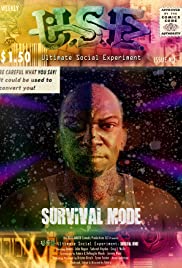
A secret government program has finally permeated society via nanotechnology and is capable of dishing out a form of forced karma to those in need. 10 years later, the AI / Nanotechnology continues to advance, and the Nanos have an agenda all their own!
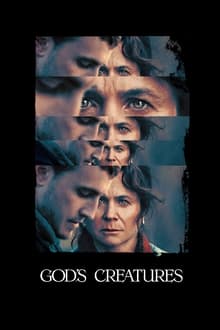
In a windswept fishing village, a mother is torn between protecting her beloved son and her own sense of right and wrong. A lie she tells for him rips apart their family and close-knit community.

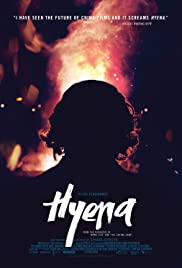
Good policing doesn’t necessarily mean doing everything by the book. But as the business of crime in London turns to favour the Albanians and Turks, how does a “good” policeman survive?
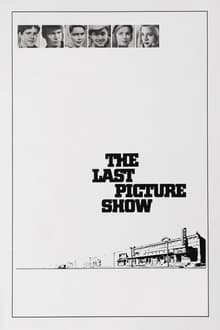
High school seniors and best friends, Sonny and Duane, live in a dying Texas town. The handsome Duane is dating local beauty, Jacy, while Sonny is having an affair with the coach’s wife, Ruth. As graduation nears, both boys contemplate their futures. While Duane eyes the army and Sonny takes over a local business, each boy struggles to figure out if he can escape this dead-end town and build a better life somewhere else.
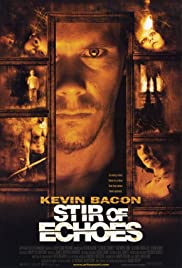
After being hypnotized by his sister in law, Tom Witzky begins seeing haunting visions of a girl’s ghost and a mystery begins to unfold around her.

After escaping execution, Tarik, a Bosnian prisoner of war, immigrates to the United States looking to leave his past behind.
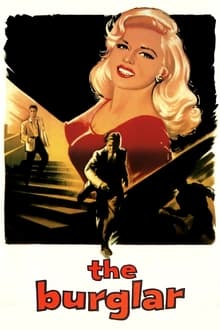
Burglar Nat Harbin (Dan Duryea) and his two associates set their sights on wealthy spiritualist Sister Sarah, who has inherited a fortune — including a renowned emerald necklace — from a Philadelphia financier. Using Nat’s female ward, Gladden (Jayne Mansfield), to pose as an admirer and case the mansion where the woman lives, they set up a perfect break-in. Things get complicated afterwards.
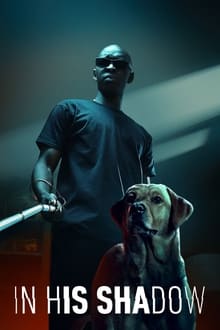
After the death of their father, two half-brothers find themselves on opposite sides of an escalating conflict with tragic consequences.

A widowed lumberjack’s life is turned upside down when a film crew shooting a zombie movie asks for his help and increasingly starts to rely on him.